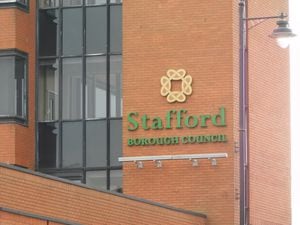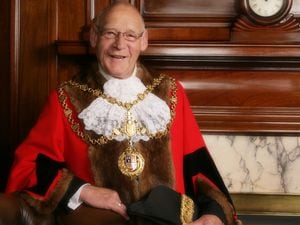Truss defends her low tax agenda as she makes major U-turn and sacks Chancellor
Admitting she had to change course, she reversed a key policy to scrap the planned rise in corporation tax from 19% to 25%.
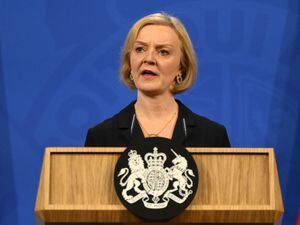
Prime Minister Liz Truss vowed to see through her low-tax agenda as she announced a major U-turn after sacking Kwasi Kwarteng as Chancellor.
The Prime Minister said her mission remains the pursuit of a “low-tax, high-wage, high-growth economy” but accepted parts of the mini-budget last month went “further and faster” than markets had expected.
Admitting she had to change course, she reversed a key policy to scrap the planned rise in corporation tax from 19% to 25%.
Speaking at a hastily-arranged Downing Street press conference, she said: “It is clear that parts of our mini-budget went further and faster than markets were expecting so the way we are delivering our mission right now has to change.”
But asked whether she should resign, Ms Truss said: “I am absolutely determined to see through what I have promised.”
The Prime Minister – who summoned Mr Kwarteng back from the International Monetary Fund (IMF) annual meeting in Washington to inform him of his fate – said she was “incredibly sorry” to lose him.
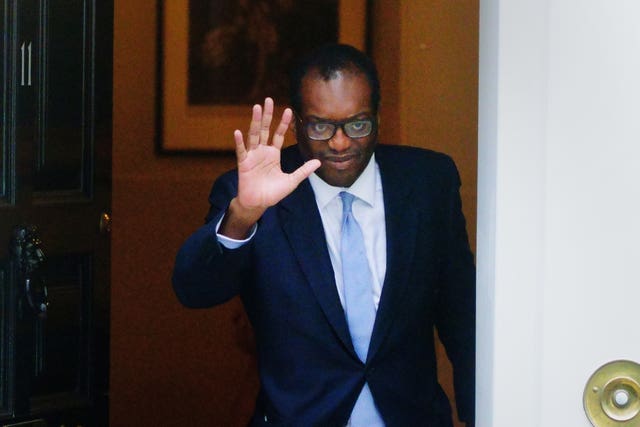
She said his successor, Jeremy Hunt, was “one of the most experienced and widely respected Government ministers and parliamentarians”.
She added: “He shares my convictions and my ambitions for our country.”
She said action was needed to reassure the markets of the Government’s commitment to fiscal discipline, with the U-turn on corporation tax raising £18 billion a year.
She said it was a “down payment” on the medium-term fiscal plan on October 31 when the new Chancellor will set out how he intends to get the public finances back on track.
“We will do whatever is necessary to ensure debt is falling as a share of the economy in the medium term,” she said.
She added: “I want to be honest, this is difficult, but we will get through this storm. And we will deliver the strong and sustained growth that can transform the prosperity of our country for generations to come.”
As well as the move on corporation tax, Ms Truss also signalled a squeeze on public spending which would “grow less rapidly than previously planned”.
Paul Johnson, the director of the Institute for Fiscal Studies, said that higher inflation had already eaten into the spending plans set out a year ago.
“Can’t increase much less quickly without actually going down,” he tweeted.
Following her announcement, the pound dipped back again.
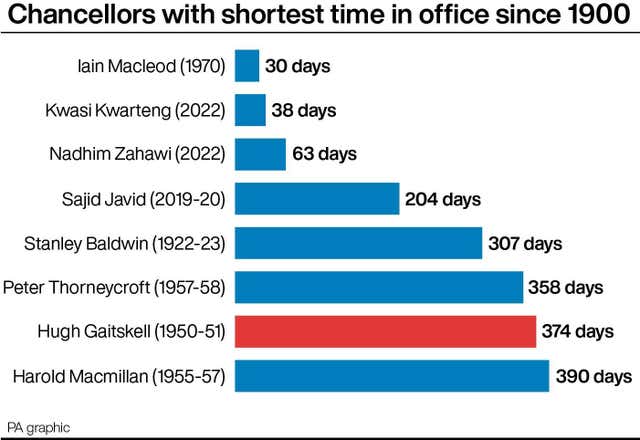
Sterling had pared back some of its early losses shortly before the Prime Minister’s press conference but then dropped back, indicating that traders believe there is still more action to be taken.
The pound moved 1.2% lower at 1.119 against the US dollar after the update.
Meanwhile, yields on gilts – UK government bonds, which have come under severe pressure in recent weeks – also tipped higher to 4.5%, almost returning to levels from the market opening on Friday.
Labour leader Sir Keir Starmer said the whole Government – and not just Mr Kwarteng – needed to go.
“Changing the chancellor doesn’t undo the damage made in Downing Street,” he tweeted.
“Liz Truss’ reckless approach has crashed the economy, causing mortgages to skyrocket, and has undermined Britain’s standing on the world stage. We need a change in Government.”
In further changes, Mr Kwarteng’s deputy, Treasury Chief Secretary Chris Philp, has moved to the Cabinet Office in a job swap with Edward Argar.
In a letter to Ms Truss posted on social media, Mr Kwarteng said: “You have asked me to stand aside as your Chancellor. I have accepted.”
He said her “vision of optimism, growth and change was right” and pledged to support her from the backbenches.
His departure may give Ms Truss some brief breathing space as she seeks to shore up her battered authority – but it will also raise fresh questions about her chances of survival.
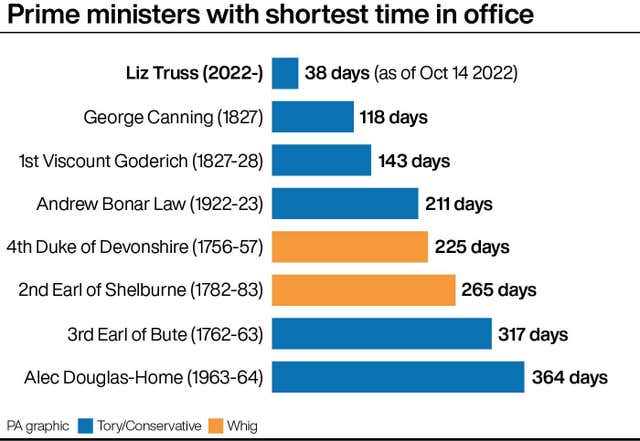
Ditching the rise in corporation tax – alongside a commitment to reverse a hike in national insurance contributions – were the key planks of her leadership election campaign.
Veteran Tory MP Sir Roger Gale said it was “hard to understand” why she had sacked Mr Kwarteng “for promoting the policies upon which she was elected”.
Earlier former culture secretary Nadine Dorries hit out at supporters of former chancellor Rishi Sunak – who lost out to Ms Truss in the leadership contest – accusing them of agitating to get rid of her.
She tweeted: “They agitated to remove Boris Johnson and now they will continue plotting until they get their way. It’s a plot not to remove a PM but to overturn democracy.”


